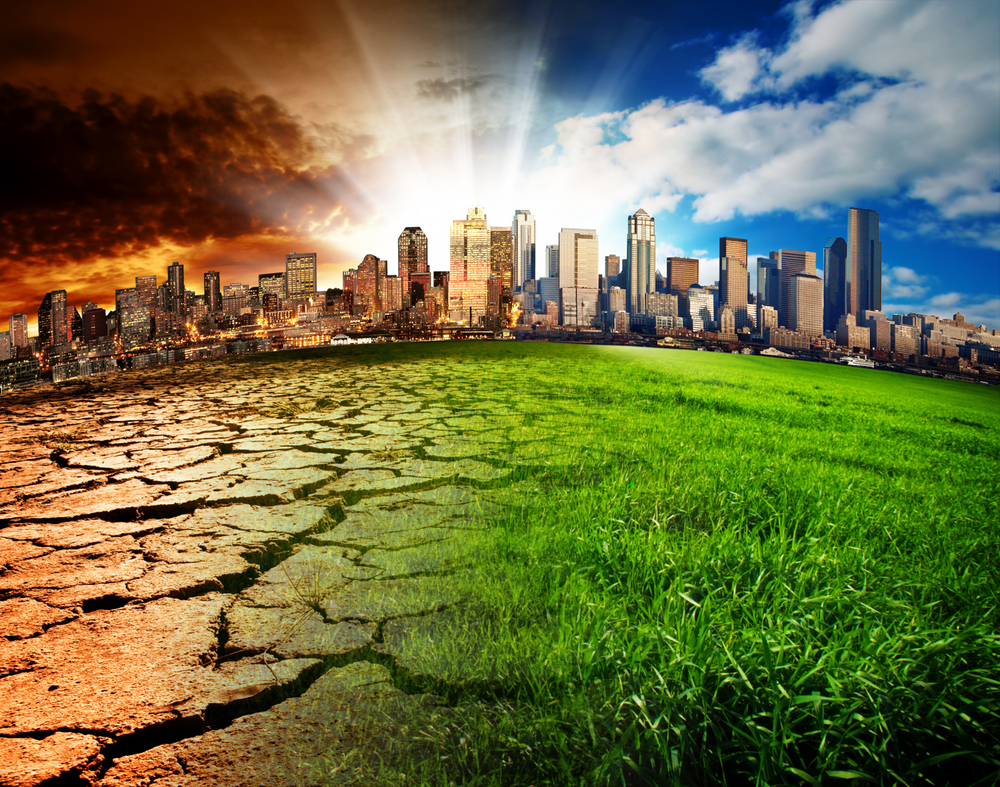
It is now widely accepted that humanity’s activities are contributing to global warming, mainly through the accumulation of “greenhouse” gasses in the atmosphere. The impact of this is likely to increase in the future. Climate change thus is a natural feature of the Earth. In the past, its effects were eased as ecosystems could effectively “migrate” by moving latitude or altitude as the climate changed. Today, however, there is no suitable place for the remaining natural or semi-natural ecosystems to ‘migrate’ to.
Contamination of the natural environment due to a range of pollutants including herbicides, pesticides, fertilisers, industrial effluents and human waste products, is one of the most destructive factors in the natural environment. Pollutants are often invisible and the effects of air pollution and water pollution may not be immediately obvious, although they can be devastating in the long run.
Human beings have been responsible either deliberately or accidentally for altering the distribution of a vast range of animal and plant species. This includes not only domesticated animals and cultivated plants but also pests such as rats, mice and many insects and fungi. Species that became instinct may have had a devastating impact on natural ecosystems by means of predatory and competition.
Removal of excessive numbers of animals or plants from a system can cause major ecological changes. The most important example of this at present is the overfishing of the world’s oceans. Reduction of the majority of easily reached fish stocks is undoubtedly a cause of major change, although its long-term impact is difficult to calculate.